Bringing up a family anywhere in the world in our day is a very complex matter as everyone, parents, teachers and children themselves well know. It is said that a contributing factor to this is that children are perceived to have too many rights, and parents and teachers not enough rights. What is the basic premise in our world of today, our world as a family of families? Is it that the child’s best interests are paramount, or the family’s? Is the State there to support the family, or is the family answerable to the State? Natural law would state that parents have primary rights as well as responsibilities. On behalf of the State, the Department of Social Welfare is the body to take responsibility for children’s as well as family welfare. But the State and certain cultures and religions may also violate the rights of a child, or that of the family. An example of a current issue, is that in some African countries the State is rejecting the issue of sexual orientation and rights with the State rejecting rights of gay persons.
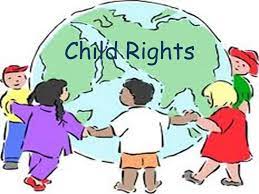
Intrinsically children are vulnerable and have a need for physical as well as psychological and emotional support. They need protection as well as love and care.
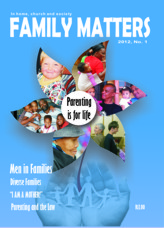
As mentioned previously there is very little in the SA Constitution about Family Rights per se, while Section 28 is an extensive presentation of the rights of children. A child is a person under the age of 18, and has a right to a name and, to family or parental care or appropriate alternative care when removed from the family environment. In addition there are rights to food, protection, against child labour or to be used in armed conflict. In the case of misdemeanors protection is still required. The child’s best interests are paramount, and most often that could and should be the socialization offered by a loving, stable, secure family. One can hardly say of both parents, as the most common family form in SA today is a mother-headed family and only 1/3 of children grow up with both biological parents present during their childhood.
The Children’s Act of 2005 is a very important legal document to protect the rights of children. The Act is there to help keep families together and to make sure a child is cared for by family or parents, or is placed in alternative care when there is no family. The Act speaks of protecting children from abuse, harm and neglect and to do this, many different services and resources need to be made available for them. Being a legal document it indicates that the State has primary responsibility for the welfare of children and their families.
Unicef has produced a series of helpful booklets about the Children’s Act written for children aged 11-15. https://www.unicef.org/southafrica/media/1276/file/ZAF-childrens-act-explained-booklet-1-2009.pdf The first booklet is intended to provide information and resources to them about their rights and responsibilities, which does also note important aspects of family care There is a particular section on parental rights and responsibilities.
A point made strongly when looking at children’s issues is that the family and the child have a right to be heard. In the ‘best interests of the child’ the family will be given a chance to express their points of view even in times of conflict where both should be heard and guided, if necessary separately. Parents should be informed of any decisions that are made about their child, and to listen to a child when decisions are being made that will affect the child, which will affect the family too. Children should also participate in discussions. Apart from their rights a child has a responsibility to his or her family, the community and the state.
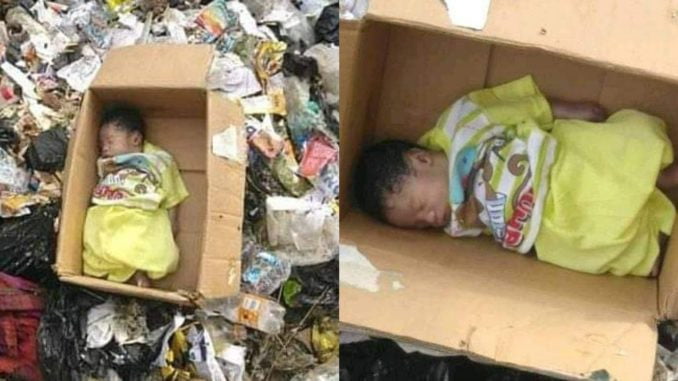

Having a child is a right, but it comes with responsibilities. From early days families have the responsibility to show love, to teach children their own family’s values and culture, to model acceptable behaviour. The responsibility carries on into adolescence, even into adulthood. But is this the reality? Do parents, guardians, or carers have time and skills to perform their tasks well? Are they offered adequate support, do they use what is offered by school, state or Church and are they coping with the pressures of life? Are TV, the internet and social media parenting our children, teaching them the good and the bad, generosity and selfishness, violence and that crime does pay? Children’s best interests are the right thing, it is what they deserve, in well-functioning, caring families, even when difficulties arise. If this is not possible, everyone, everywhere suffers, including God’s World as a Family of Families. FW 29 march 2023

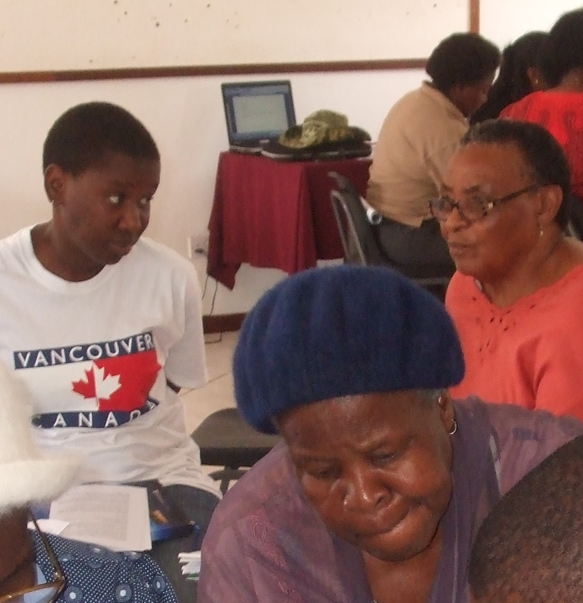


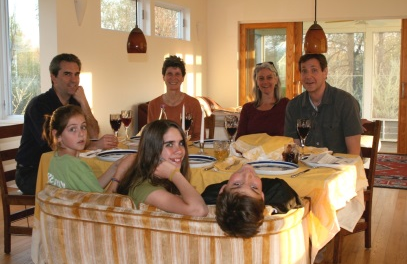
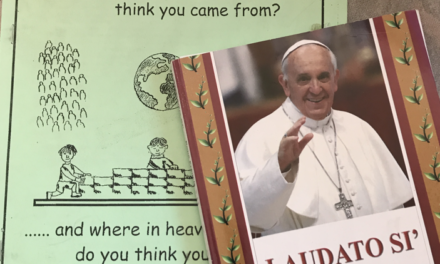
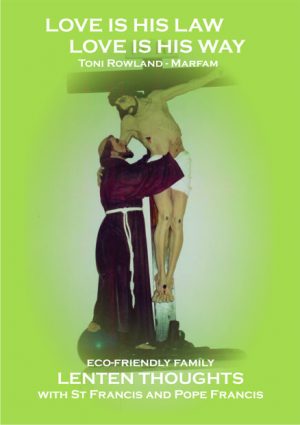
Recent Comments